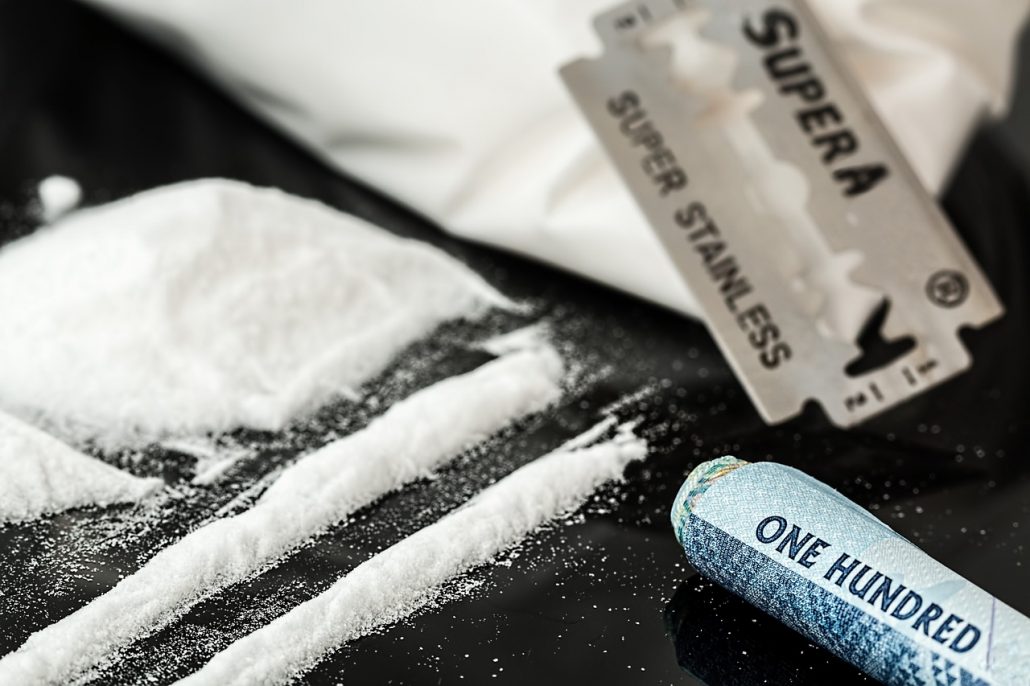For the last three months, the IDPC Secretariat (with the invaluable support of the network), has been preparing a landmark report in advance of the 2019 UN Ministerial Segment. “Taking stock: A decade of drug policy” is launched on 22 October 2018.
This shadow report is, and will probably remain, the only comprehensive evaluation of the soon-to-expire 10-year UN Political Declaration and Plan of Action on drugs, which was adopted in 2009. The report unpacks the lack of progress towards the achievement of the so-called “drug-free world” targets – and sheds light on the catastrophic impacts on human rights, public health, security and development.
 The report, Taking stock: A decade of drug policy – A civil society shadow report is a response by IDPC and its 174 NGO network to the failure by governments and the United Nations Office of Drug and Crime to comprehensively evaluate the 10-year plan based on a discredited ‘war on drugs’ approach that continues to generate a catastrophic impact on health, human rights, security and development, while not even remotely reducing the global supply of illegal drugs.
The report, Taking stock: A decade of drug policy – A civil society shadow report is a response by IDPC and its 174 NGO network to the failure by governments and the United Nations Office of Drug and Crime to comprehensively evaluate the 10-year plan based on a discredited ‘war on drugs’ approach that continues to generate a catastrophic impact on health, human rights, security and development, while not even remotely reducing the global supply of illegal drugs.
Using wide-ranging data from UN, government, academic and civil society sources, the report from the International Drug Policy Consortium (IDPC) shows that this UN goal has been spectacularly missed.
Helen Clark, former Prime Minister of New Zealand and a member of the Global Commission on Drug Policy, states in the report: “What we learn from the shadow report is compelling. Since governments started collecting data on drugs in the 1990s, the cultivation, consumption and illegal trafficking of drugs have reached record levels. Moreover, current drug policies are a serious obstacle to other social and economic objectives… and the “war on drugs” has resulted in millions of people murdered, disappeared, or internally displaced.”
- A 145% increase in drug-related deaths over the last decade, totalling a harrowing 450,000 deaths per year in 2015.
- At least 3,940 people executed for a drug offence over the last decade, with 33 jurisdictions retaining the death penalty for drug offences in violation of international standards.
- Around 27,000 extrajudicial killings in drug crackdowns in the Philippines.
- More than 71,000 overdose deaths in the United States in 2017 alone.
- A global pain epidemic, resulting from restrictions in access to controlled medicines, which have left 75% of the world’s population without proper access to pain relief.
- Mass incarceration fuelled by the criminalisation of people who use drugs – with 1 in 5 prisoners incarcerated for drug offences, mostly for possession for personal use.
To read full report follow this link>>>>




